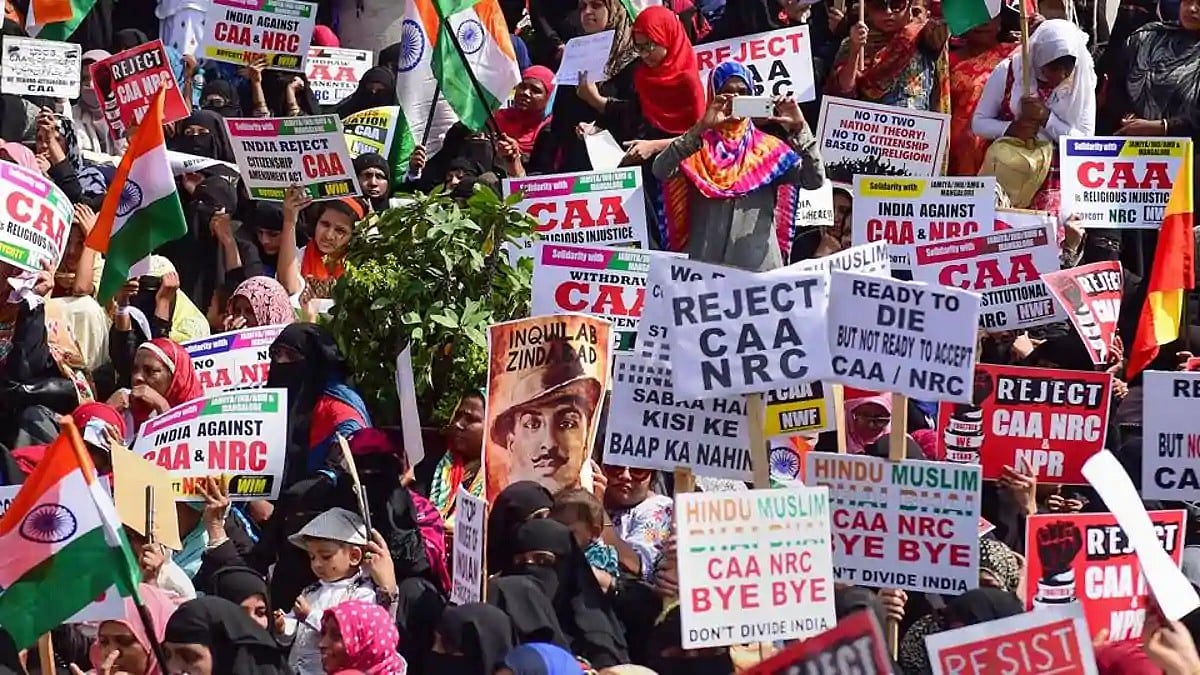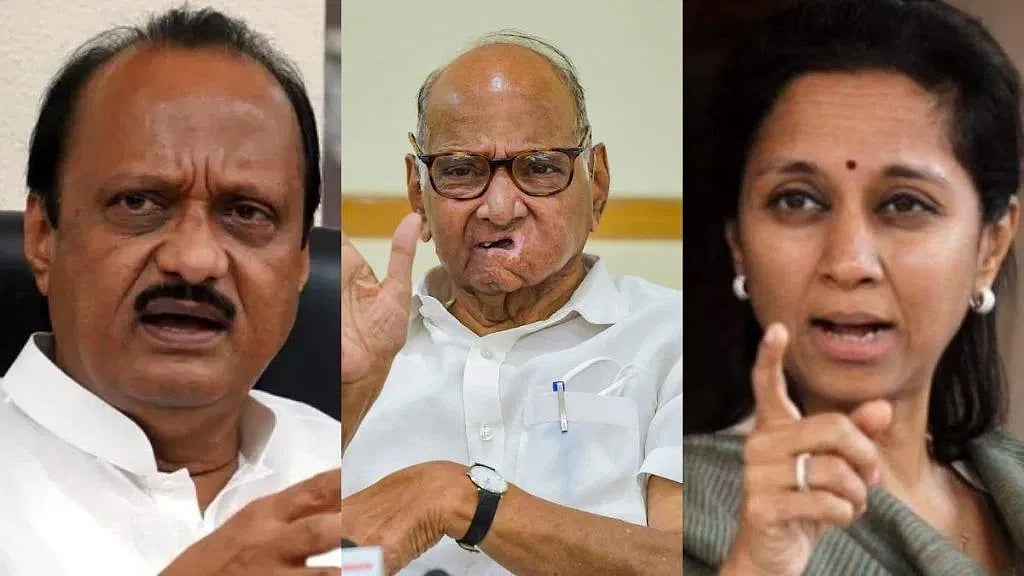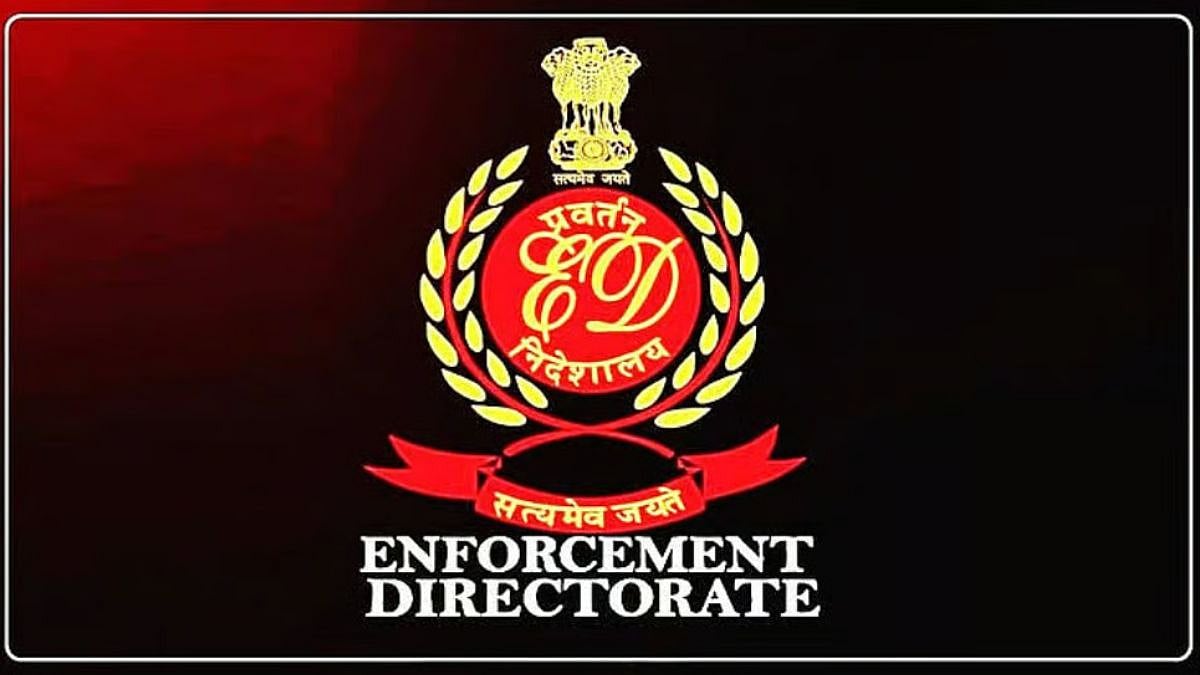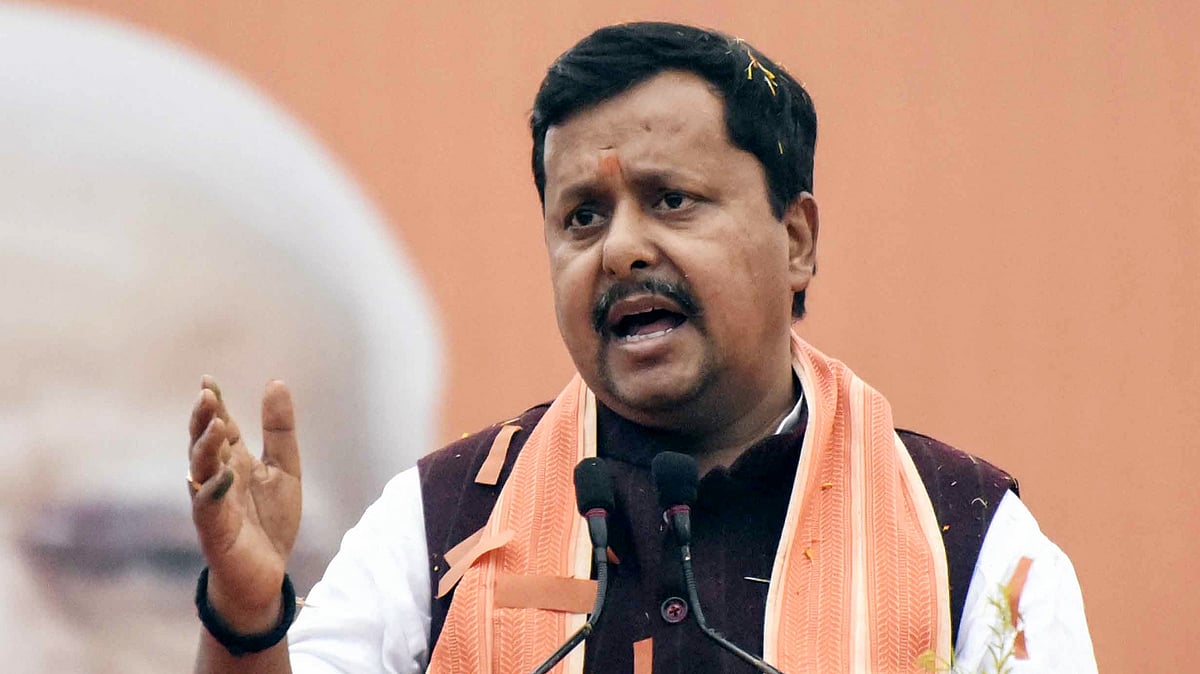More than 800 years ago, an agreement was made between the king and his subjects in England that nobody would be deprived of their liberty without the due process of law and even the king would be subjected to restraint by written words. This agreement, over a period of time came to be known in history as the Magna Carta. After the loss of land to France in a war, King John of England imposed extraordinary taxes and forcibly confiscated lands of the powerful barons, which resulted in a revolt against the monarch and finally, by the mediation of the church of Canterbury, a truce was declared between the king and the barons and a written document was signed between the two, with an understanding that the king would abide by it.
This document, which was signed on June 15, 1215, was the declaration of the rights of the liberty and equality of the common man; and everybody would be equal before the law. The king was the ruler but not a law unto himself. Lord Denning described it as “...the greatest constitutional document of all times - the foundation of the freedom of the individual against the arbitrary authority of the despot”. The Magna Carta replaced the concept of absolutism and paved the way for constitutionalism.
Checks and balances
When American freedom fighters decided to cast off the yoke of the British monarchy and spelt their intent to have their own government, the Magna Carta was a major source of inspiration for their constitution. Learning form the British experience, the founding fathers of the American Constitution ensured that no ‘one’ man should become so powerful that he could trample on the rights of the individual, so they devised the Montesquieu’s theory of ‘separation of powers’ and ‘checks and balances’. For the smooth functioning of the state, it is incumbent upon the three arms of the state to exercise their powers in harmony. The fifth amendment of the US constitution clearly states, “no person shall be deprived of life, liberty or property, without the due process of law.”
In 1947, when India attained Independence, a consensus was arrived at - that it would be a democratic state which would guarantee the rights of equality and liberty as spelt out in the Magna Carta and the constitutions of evolved democracies. The framers of our Constitution also ensured that except in an emergency, citizens' fundamental rights would not be suspended and if the executive tried to snatch these rights, the remedy was available in courts. Mrs Indira Gandhi did try to play with fire from 1975 to 1977 when she imposed Emergency, but, then she paid a heavy price.
Since then, no Government has dared to repeat the mistakes made by Mrs. Indira Gandhi but in the last few years, the state has become more discriminatory in the execution of laws; it has evolved more sophisticated institutional tools to curtail the fundamental rights of the citizens and legitimise their actions; and signs of an authoritarianism are acquiring a monstrosity of unmatched proportions which, if not checked in time, may lead to the destruction of the very ideals that our Constitution makers had dreamt of. It is in this context that 2020, in retrospect, depicts a grim picture of the state of affairs, with the rule of law finding itself in suspended animation and the Constitution, it seems, disbelievingly, has been hijacked by a powerful few.
State of suspension
A few years ago, it was unthinkable that an entire state would be put in a state of suspension without any remedy available. Jammu and Kashmir, throughout the year, remained under severe lockdown without any rights. Thousands of people were put behind bars for no fault of theirs. Hundreds of petitions of habeas corpus kept lying in the higher courts without any solution. The Press was ruthlessly muzzled and those who dared question authority were subjected to unqualified state repression and trauma. It was worse than the Emergency imposed by the Mrs Gandhi. But the worst was that the forces of nationalism outside the State rejoiced at their trauma. It was sadism at its best.
In a democratic state, the voice of dissent is respected and disagreements are resolved through peaceful means but when anti-CAA protesters hit the streets, they were brutalised and untold miseries were heaped on Muslims and their sympathisers, so much so that even pregnant women were not spared. In UP especially, they were targeted, their properties were confiscated, posters with their names and addresses were plastered on the walls of the city as if they were hardened criminals.
'Love Jihad' law
Now, a new law in the garb of love jihad has been pulled out, to target a particular community. Other BJP-ruled states are also marching on the same route. The Constitution clearly states that governments have no business to interfere in the private matters of the citizens -- whom they want to marry or mingle with or to what religion they want to belong or convert to. Despite repeated orders from the high court, governments, in their majoritarian zeal, continue to turn a blind eye.
The state has become so discriminatory in the execution of laws that Dr Kafeel Khan is put behind the bars for nine months under sedition laws, for a fictional offence of incitement to violence, but BJP leaders like Dilip Ghosh, Kapil Mishra, Anurag Thakur and others, are given free rein to incite people against the minority community. 83-year-old activist Stan Swamy, suffering from Parkinson’s disease, is denied his basic need of a sipper and straw for more than three weeks, intellectuals like Sudha Bharadwaj and Anand Teltumbde are in jail without any charge sheet, for two years. Gautam Navlakha might as well live like a blind man but will not be allowed spects by the authorities for days.
Rule of the law?
When three premier investigative agencies of the country - the CBI, the ED and the NCB - are unleashed on a 26-year-old actor, Rhea Chakraborty, for months, to find out whether she or her family members conspired to kill Sushant Singh Rajput, to settle scores with the Maharashtra government with the help of TV channels then, why should it not be assumed that the Government has freed itself from the 'shackles' of the Constitution and the state no longer believes in the rule of the law.
It was believed that when investigative agencies turn rogue, the highest court will discipline them, but the conduct of the latter, to say the least, has been called ‘judicial barbarism’ by the leading intellectuals of the country. There is outrage against the behaviour of the Supreme Court. It has revived the memories of the days of Emergency, when instead of protecting the rights of the citizens, it sided with the government. Today I am reminded of the law commission's 14th report that wrote about the qualification of the Chief Justice of India - “A Chief Justice must be a judge of ability and experience ... a competent administrator... a shrewd judge of men and above all, a person of sturdy independence and towering personality who would ... be watchdog of the independence of the judiciary."
I can understand that enthusiasts of nationalism may find the Magna Carta a foreign concept, but they should certainly ponder over the words of Granville Austin in the context of Indian Constitution - “Social revolution could not be sought or gained at the expense of democracy. Nor could India be truly democratic unless the social revolution had established a just society." A just society is key to the soul of the Constitution. Unfortunately, that very soul is threatened today.
The writer is an author and Editor, satyahindi.com



.webp)





